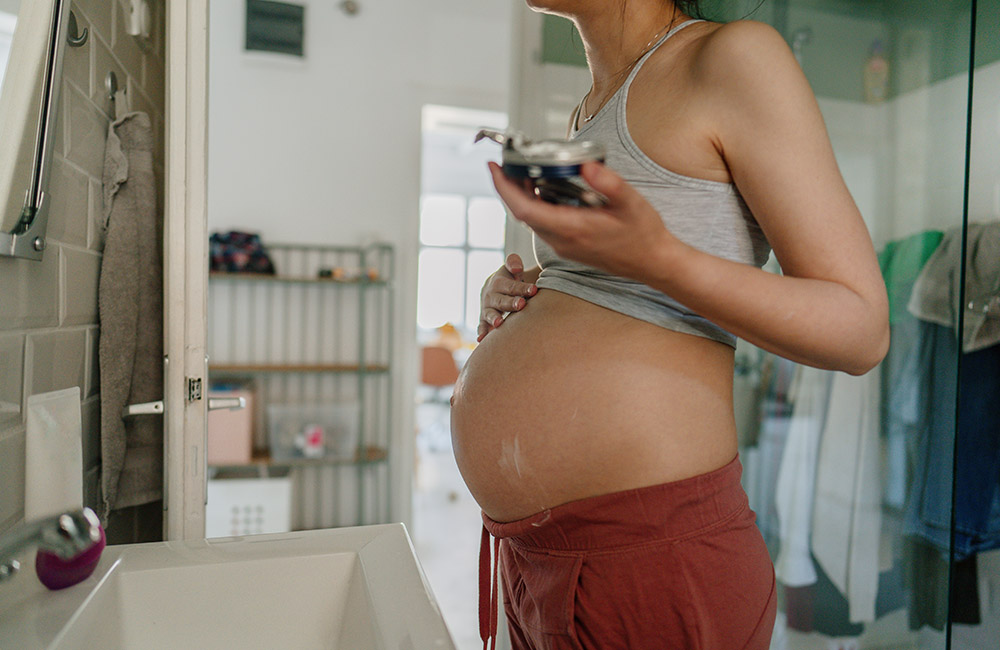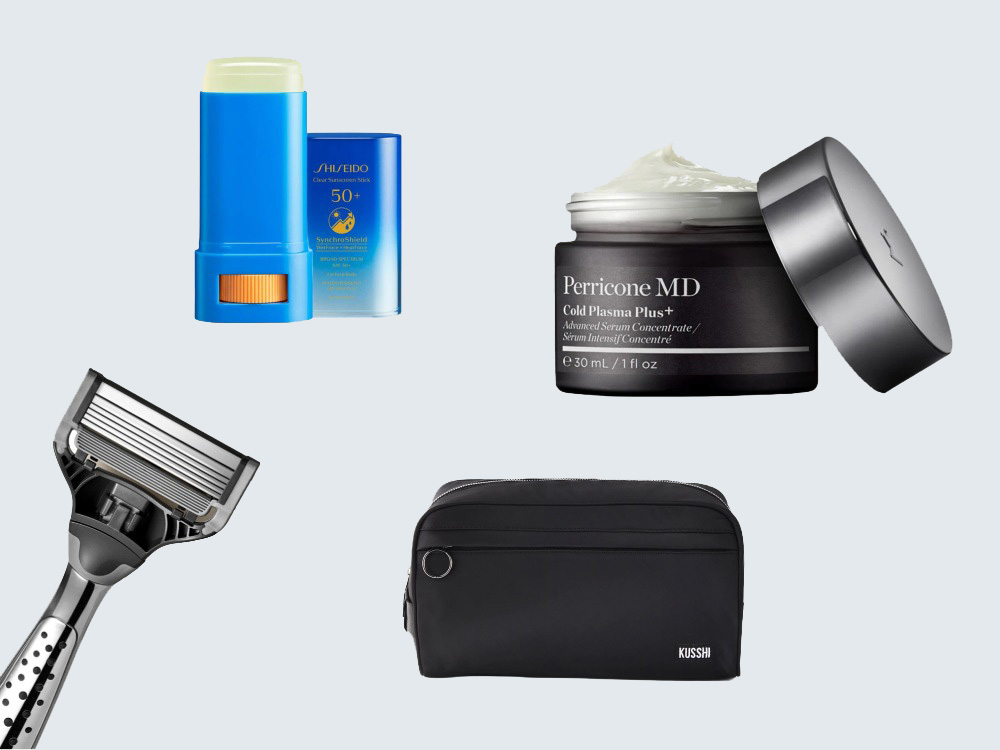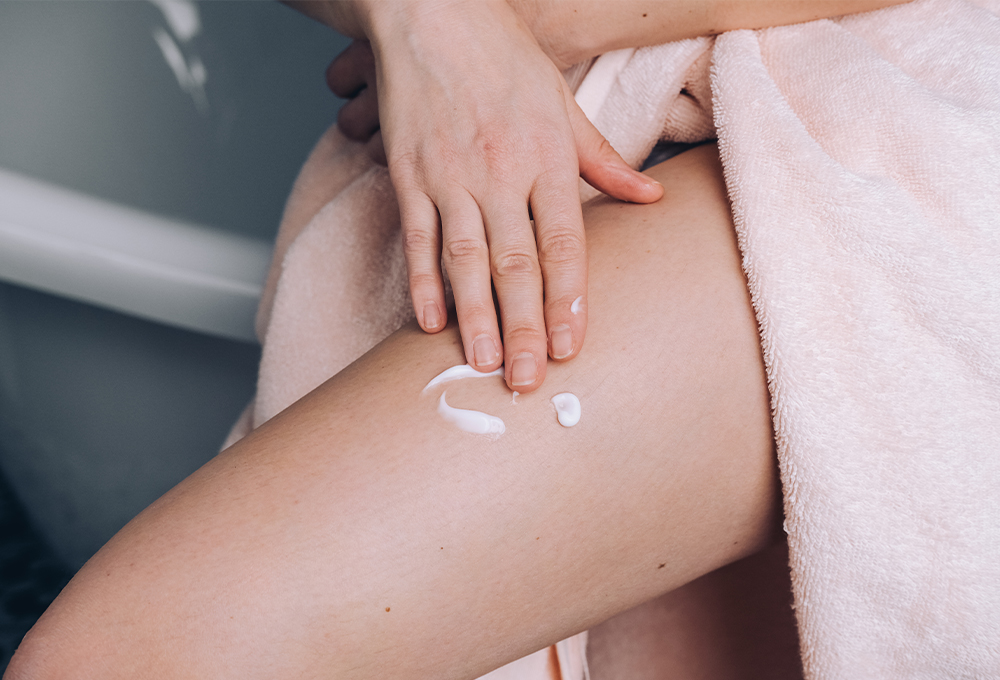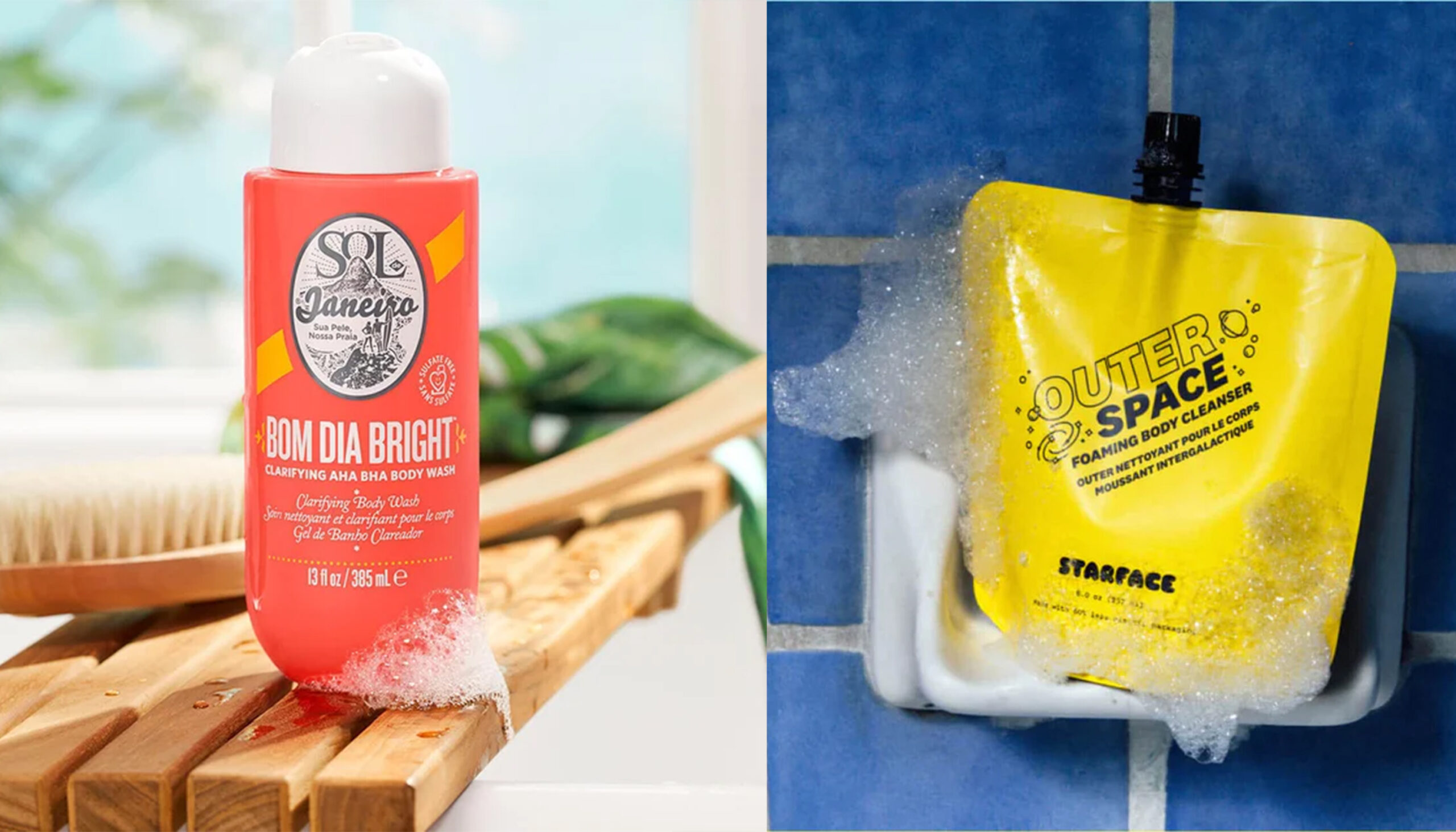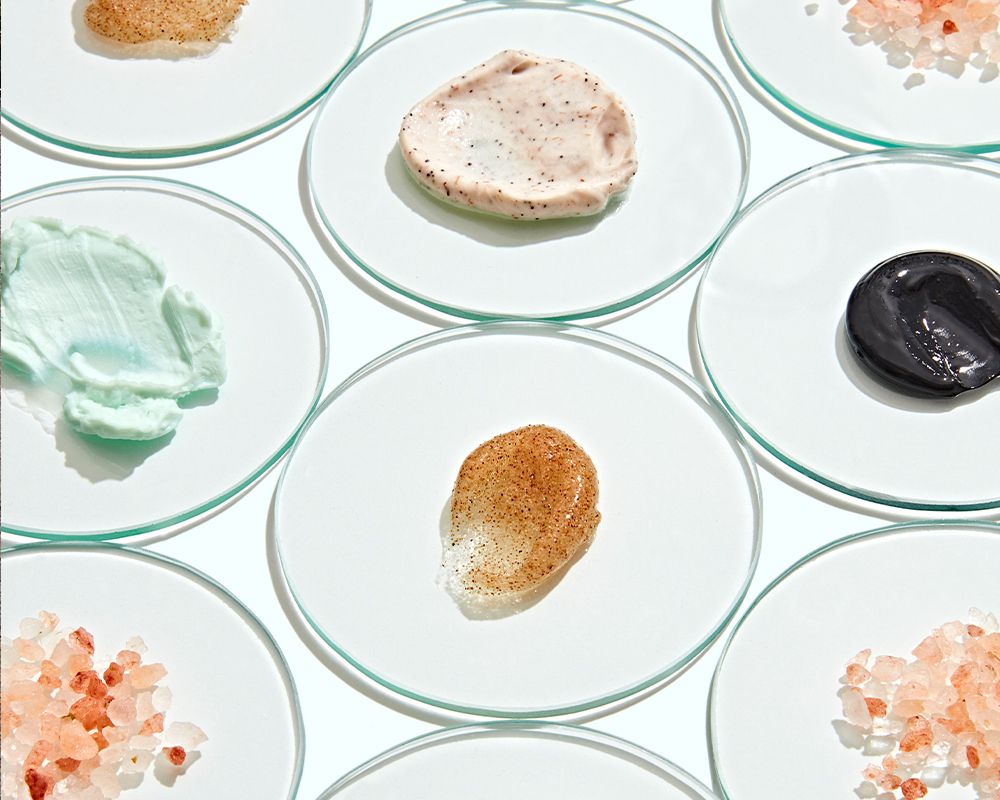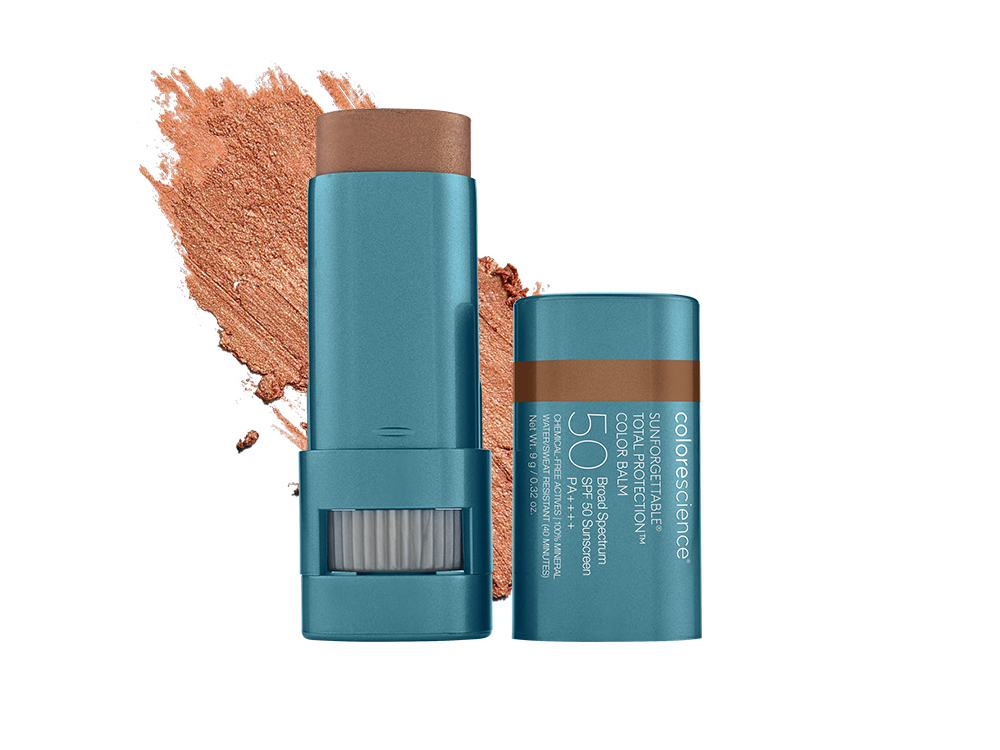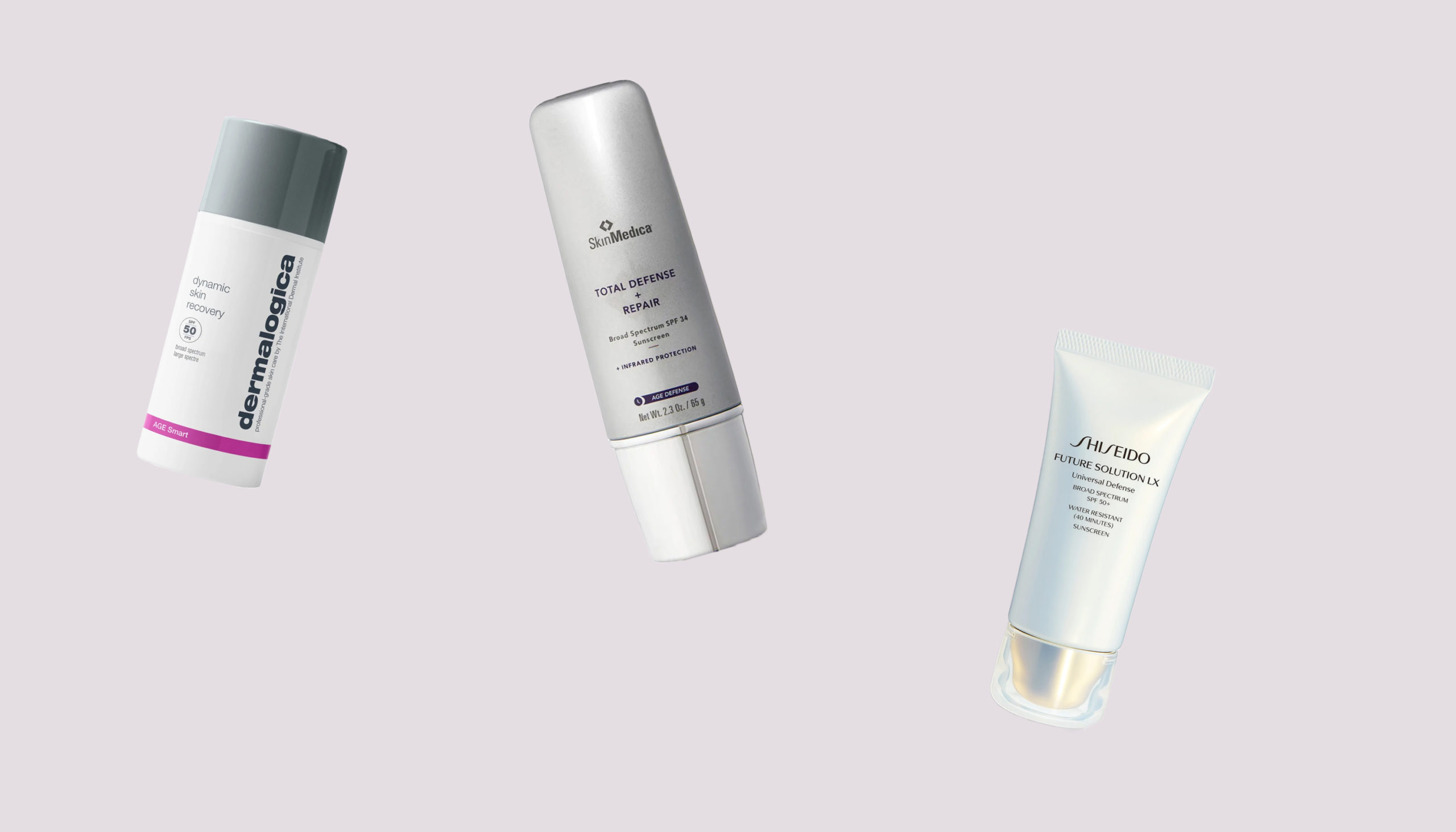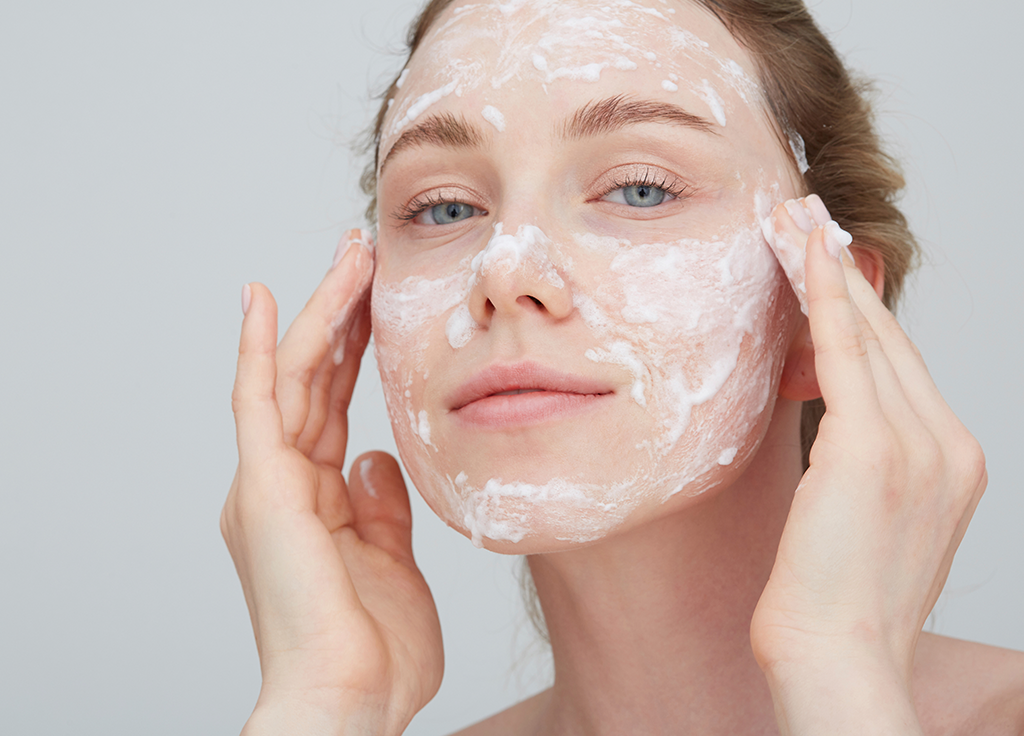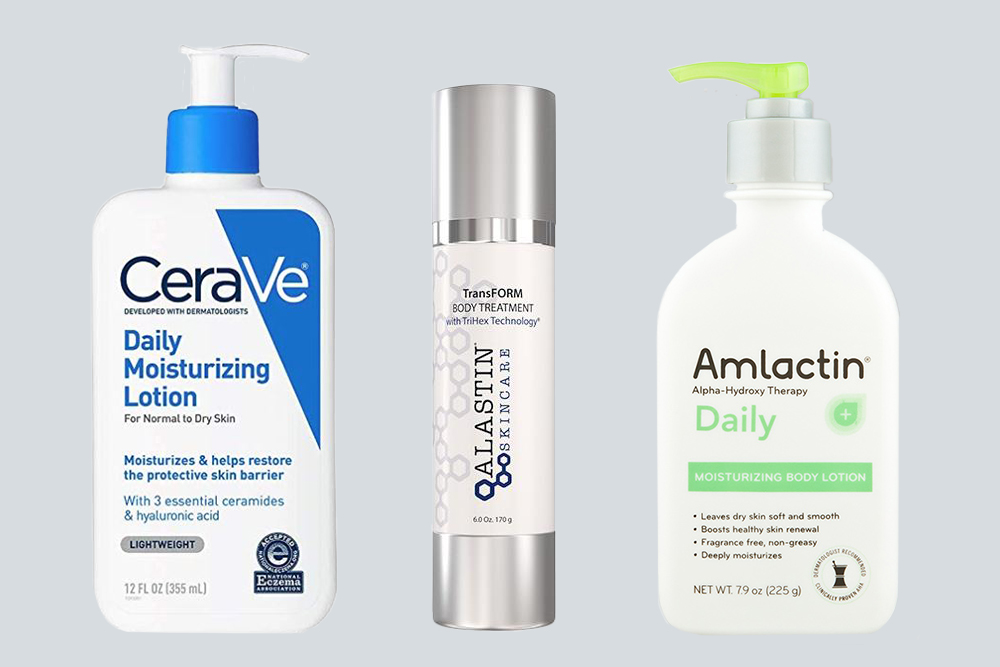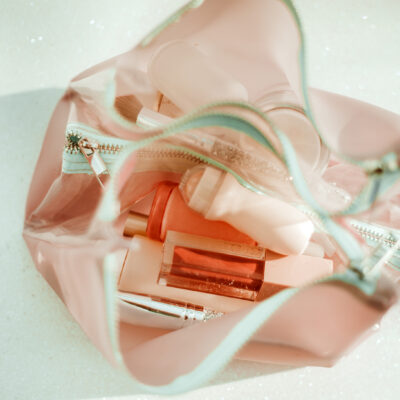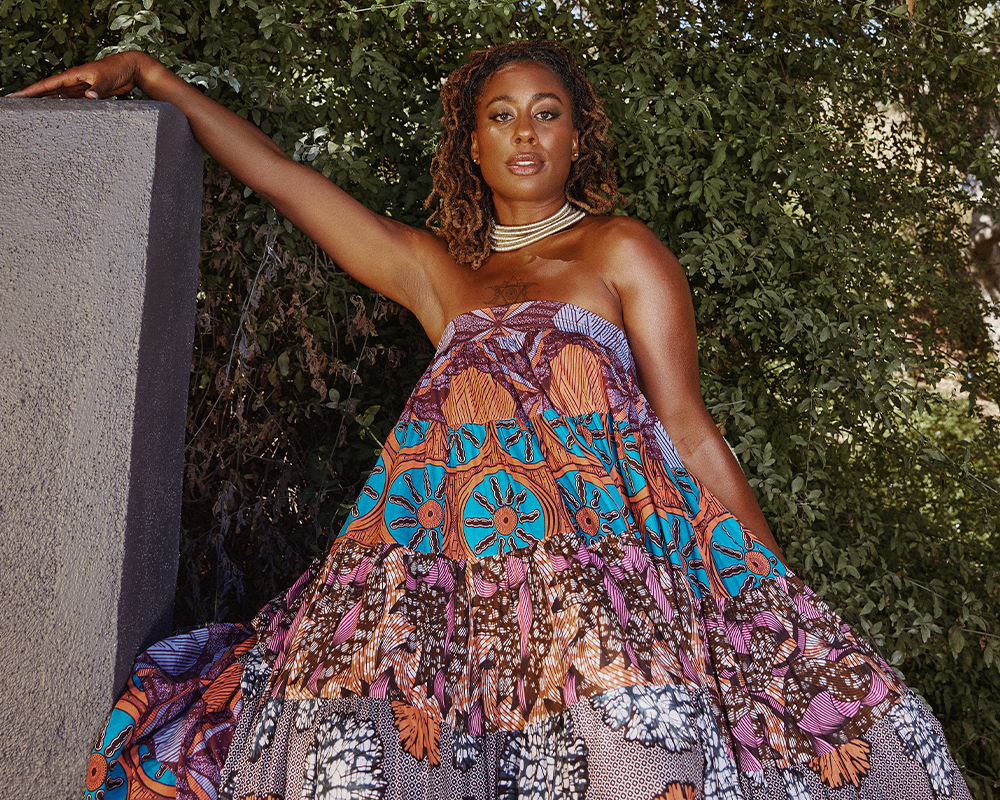Developing a skin-care routine that suits your specific skin needs and keeps your complexion glowing is no easy feat, but finding skin-care products that are safe to use while pregnant and help combat common pregnancy-related skin issues is a much more complicated battle. While most people know the basics—extra hydration, no retinoids—when it comes to pregnancy skin-care, there is a lot more to consider in order to keep your skin healthy and clear.
With all the changes that pregnancy brings, trying to figure out how to nail your skin-care routine shouldn’t be something that adds to the stress. Ahead, skin and pregnancy experts explain the best pregnancy-safe skin-care routine to help you through this incredible journey.
How Does Skin Change During Pregnancy?
The first thing to understand when it comes to pregnancy skin-care is how the skin changes during pregnancy and how to effectively treat these changes. OBGYN and chief medical officer at VSPOT, Dr. Monica Grover explains that “due to hormonal changes, your skin changes quite a lot during pregnancy,” and as a result, “your skin can be more prone to acne and hyperpigmentation while also becoming dryer, irritable and inflamed.”
Ingredients to Avoid During Pregnancy
Dr. Grover explains that, “It is important to absolutely avoid products with the following ingredients while pregnant: phthalates, formaldehyde, toluene, ammonia, dihydroxyacetone, certain essential oils, salicylic acid, hydroquinone and all retinoids. I also recommend avoiding products with fragrance and parabens. Products that are considered to be endocrine-disrupting chemicals such as BPAs or phthalates, parabens, triclosan, and even hydroquinone have been shown to cause premature births, DNA fragility, and are possibly even carcinogenic. Be weary of products that state they are fragrance-free, too, as these products may be substituted with other chemicals.”
New York dermatologist Heidi Waldorf, MD reiterates the importance of avoiding topical retinoids like prescription tretinoin, taxarotene, adapalene and over-the-counter retinol. “The amount absorbed through the skin is small, but oral retinoids cause severe birth defects so it’s not worth the risk of topical.” Dr. Waldorf adds that “hydroquinone is also a no-no. Benzoyl peroxides are questionable so ask your obstetrician. As a dermatologist, I always defer to the obstetrician. During pregnancy, I’d avoid nonessential procedures requiring topical anesthetic because the topical anesthetic is absorbed—the amount depends on the concentration of the anesthetic and surface area covered.”
Combatting Pregnancy-Related Skin Changes: The Best Ingredients and Products for Pregnant Skin
While there are plenty of pregnancy-safe skin-care ingredients and products that can help keep one’s skin looking and feeling good throughout their pregnancy journey, when it comes to trying new products, medical aesthetician Amy Peterson always recommends starting with a patch test. “Before using any new skin-care product, pregnant individuals should perform a patch test to ensure that they do not have an adverse reaction to the product,” she explains.
Gentle Cleansers with Glycolic Acid
Instead of more intense products like salicylic acid–based cleansers, Dr. Grover recommends switching to glycolic acid–based cleansers, and products with glycolic acid in general for gentler exfoliation. “Glycolic acid peels can be done every few months as well as facials such as a Hydrafacials or even using devices that utilize certain types of lights as a chemical-free alternative,” Peterson explains.
Hydrating Hyaluronic Acid Serums
As Dr. Grover noted, the skin can become extra dry and irritable during pregnancy, which is why hydration is of utmost importance. For pregnancy-safe moisture, Dr. Grover recommends hyaluronic acid serums. In addition to hydrating serums, Peterson also adds that overall hydrating is key for skin health. “Drinking plenty of water is essential for overall skin health, especially during pregnancy when the body’s hydration needs are increased.”
Mineral-Based SPFs
According to Dr. Grover, mineral-based sunscreens are a safe bet during pregnancy. If you’re looking for a pregnancy-safe SPF, zinc oxide– or titanium oxide–based formulas are generally your best bet. Dr. Waldorf agrees that including SPF in your daily routine is key for combatting certain skin issues associated with pregnancy. “The hormonal changes in pregnancy increase the risk of melasma in predisposed individuals,” she says. “Unfortunately you don’t know if you’re predisposed until you get it,” hence why protecting the skin with SPF is a must.
Retinol Alternatives
While it’s deemed unsafe to use retinol during pregnancy, many pregnant individuals don’t want to miss out on the benefits that retinol has on the skin, which is why Dr. Waldorf recommends pregnancy-safe alternatives like salicylic and azealic acids. “Pregnancy-safe alternatives for retinoids include salicylic acid and azaleic acid for acne, particularly comedones (blackheads and whiteheads), and alphahydroxy acids like azaleic acid and transexamic acid are helpful for pigmentation. As always, though, ask your obstetrician about your other topical rosacea and acne medications.”
